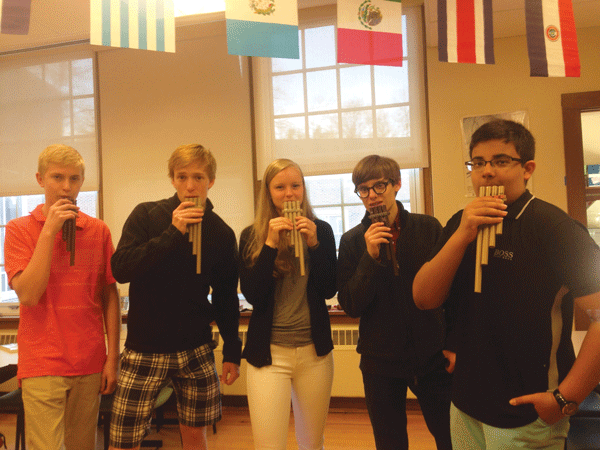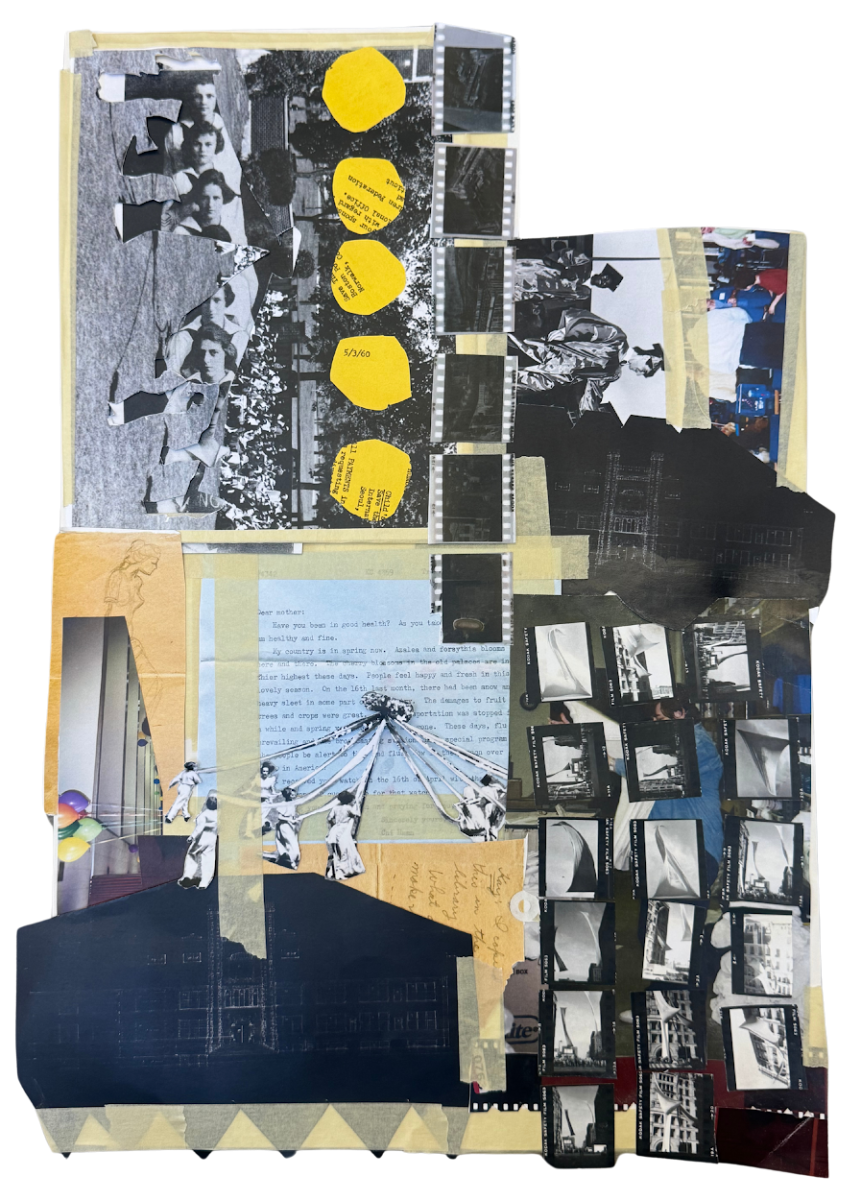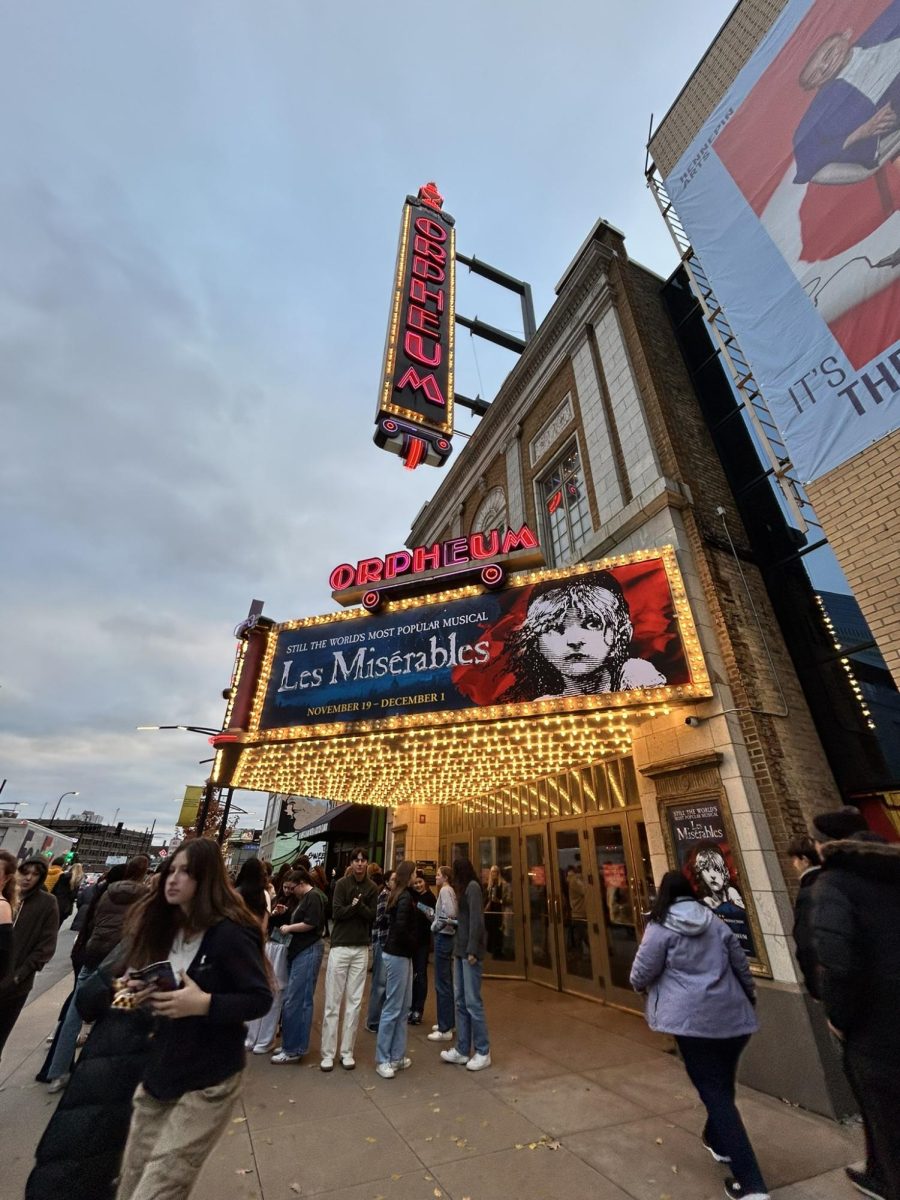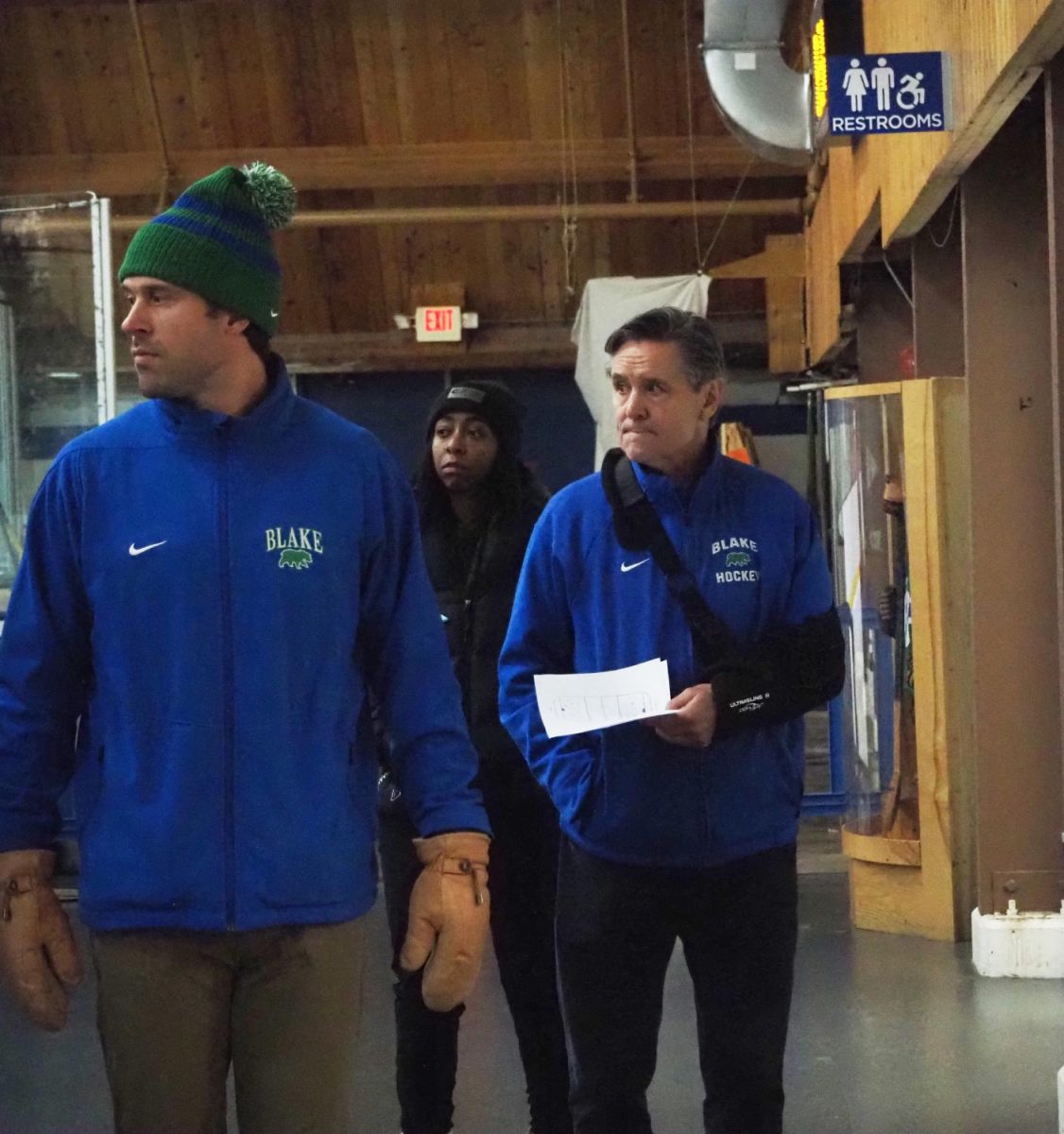
On late morning starts and during tutorials, room 244 seems to belong to another country. From behind the doors of Jon Dicus’s classroom come the emanate sounds of the panpipes – a pillar in South American music.
A further inspection shows an energetic Dicus, leading eager students through collections of simple, yet soulful notes. A visual copy of the color-coded notes (matching colored numbers on the individual pipes) are projected on the whiteboard for all to follow. Despite the group’s amateur level of skill in regards to the panpipes, the sounds are pleasant and the group harmonizes well.
What started with a guest artist conducting Caribbean and Andean music (where the panpipes originate from), workshops with Spanish classes morphed into an invitation for students to participate in Inti-Illimani’s one of the world’s foremost Latin American music ensembles – benefit concert to raise money to buy instruments for the music program of an urban high school in the band’s hometown of Santiago, Chile. Success is not at risk as Dicus has attracted 37 students to join the band for the actual performance on Sunday May 17 at the Cedar Cultural Center in Minneapolis.
Commenting on the communal nature of the panpipes as an instrument, Dicus says, “The panpipes traditionally are played in communal settings in places like Bolivia or Peru. In order to play a melody on the panpipes, the panpipes are actually two separate instruments of alternating notes, so to complete a melody you have to have the cooperation and collaboration of two people.” He adds on that, “One person is going to play a portion of the melody while the other person listening has to fill in with the other notes to complete the melody. It’s a very communal music and that’s how it’s designed. Students have to listen to one another, because the melody is incomplete unless Part A and Part B are played in conjunction with another.”
The primary benefit to such an experience is “Exposing students at Blake to Latin American Folk Music, and also giving students at Blake, many of whom are not musicians, a chance to play a musical instrument and perform in a concert in a context they would not normally find themselves,” explains Dicus. Included in the one third of the panpipes ensemble that does not take Spanish as a foreign language class, Isabel Norsten ’16 explains, “I’ve only practiced once and I don’t even take Spanish but it’s actually really fun and easy to learn,” says Norsten. “You just follow these numbers and letters and suddenly you’re playing an actual song.”
Dicus further advocates for more people to try out this program as “It’s not a huge time commitment– only 10 minute rehearsals twice a week.” He concludes that “It’s really cool to see non-musicians giving this a try.”













